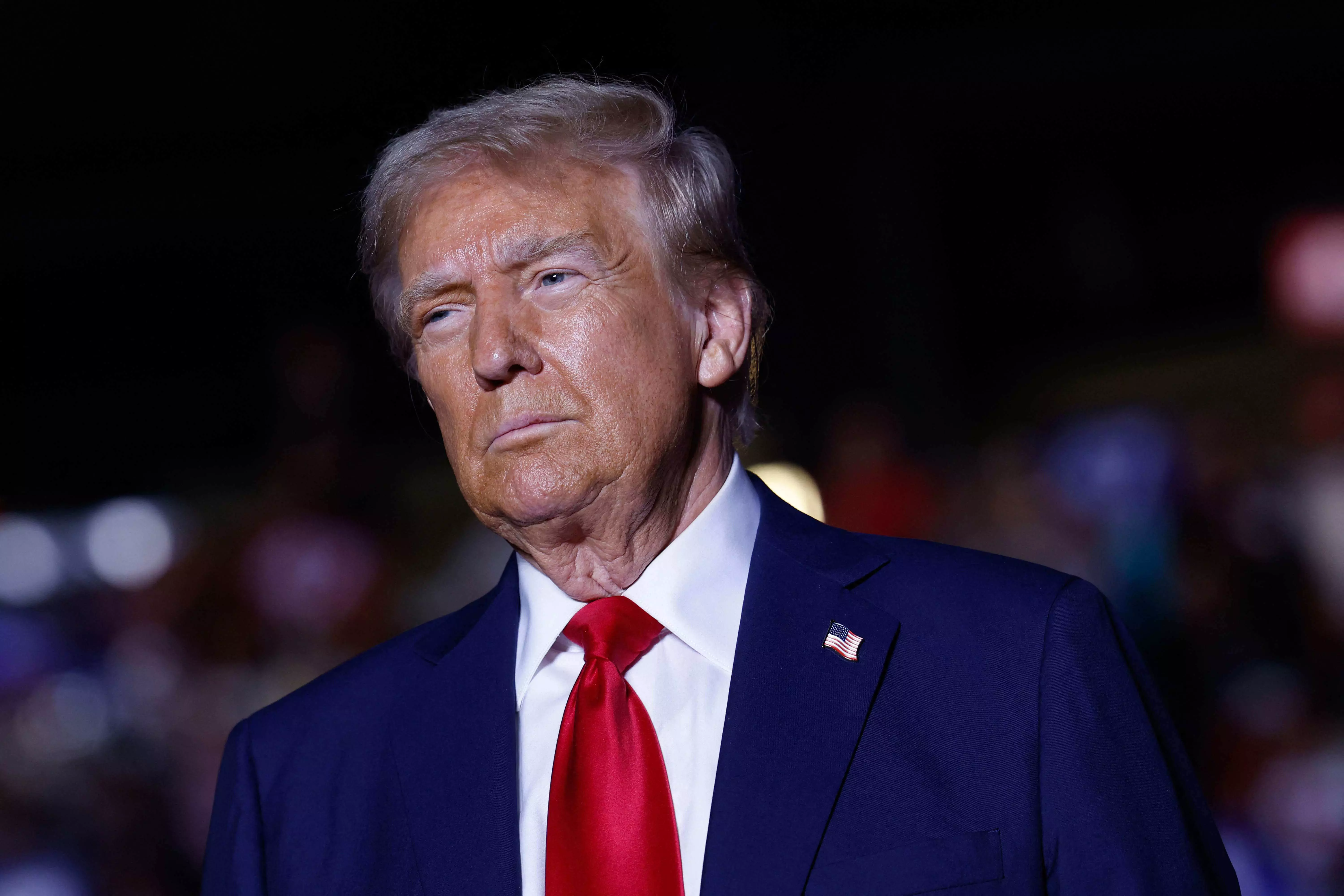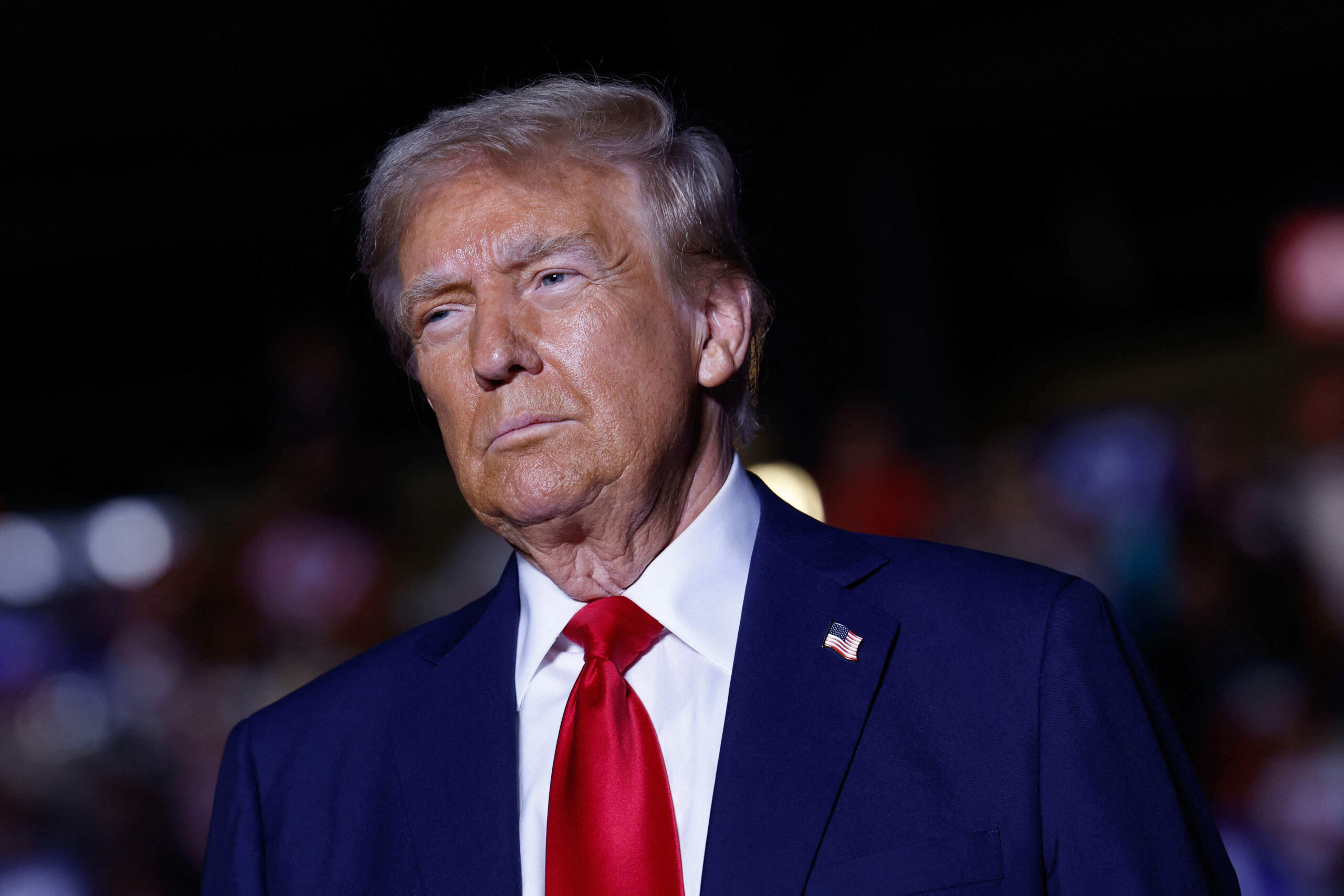
America’s once and future President appears to have outdone himself in his latest and most spectacular achievement. The experienced leader that he is, President-elect Donald Trump is expected to hit the ground running, especially on his favourite subject: the avoidance of war. There are two areas in which much of the strategic community is immediately looking to see the potential effect of the return of Donald Trump to the helm of the US leadership. These are Ukraine and the Middle East, including the Iran-Israel standoff. How does this look from a Trump point of view knowing that he is sceptical of any US involvement in international conflicts and prefers diplomacy over military intervention. Mr Trump’s record in foreign policy in his first term was considered nothing more than erratic, although quite a few innovations did take place, particularly in the Middle East. With that experience, he now meets a world that is on fire.
On Ukraine, Mr Trump has made it known that the war between Russia and Ukraine might never have happened if he was President. His meeting with Ukrainian President Volodymyr Zelenskyy in New York in September 2024 was cordial, but he did mention the need for the European nations to chip in with more aid for Ukraine. Mr Trump’s first administration had provided military aid to Ukraine, but he had also faced criticism for initially withholding it. During the Zelenskyy meeting, Mr Trump reiterated his goal of ending the war, stating: “We both want to see this end, and we both want to see a fair deal made.” However, vice-president-elect J.D. Vance has proposed a more contentious peace plan, involving Ukraine’s demilitarisation and permanent neutrality. Mr Trump has often boasted of knowing Russian President Putin very well, and his intent of stopping the war before he even assumes office may fructify if he forces Ukraine into a ceasefire. President Zelenskyy has resisted that all along and promised that this would be impossible if Russia did not withdraw from the Donbas area it has occupied. Mr Trump’s compromise formula could be continued support to Ukraine with weapons, equipment and funding subject to an “as is where is” ceasefire; implying negotiations with Donbas still in Russian hands and the battle front broadly resting on the River Dnieper. Knowing Mr Trump’s propensity to be unconventional and his largely anti-Nato stance, he could well push for non-Nato neutrality for Ukraine, which would leave Ukraine very largely vulnerable to future Russian designs, being bereft of Nato support. To keep Nato on an even keel, Mr Trump will have to ensure Ukraine should not give up its hopes of getting all its territory back from Russian occupation, but that it should negotiate based on the current frontlines.
It is unlikely that Mr Trump will do anything in a hurry. His transition team will probably caution him about hasty “peace interventions” without full thought through because in the last four years the global order has reworked itself. Nato has drawn upon itself a higher responsibility than any time since the end of the Cold War. The last time around Mr Trump did not order any immediate or hurried withdrawal from Afghanistan; it was finally Joe Biden who did so without being fully mindful of the consequences. So, don’t expect any maverick decision-making in foreign policy from Mr Trump. One may recall the US pullout from the Joint Comprehensive Plan of Action (JCPOA), also known as the “Iran nuclear deal”. The JCPOA was signed on July 15, 2015 but Mr Trump withdrew the US from it on May 8, 2018, over 15 months after his inauguration in January 2017. It was not one of those knee-jerk responses that some may allege against Mr Trump’s record. Also, we may consider the fact that it is virtually confirmed that 10,000 North Korean troops have entered the war in Ukraine. This makes early decision-making on prospective peace even more challenging.
Expect the experienced new President to pay much attention to the Middle East. The last tenure was marked by a few important developments. Among the first was the support for the move of the Israeli political capital to Jerusalem; something the Palestinians are still extremely irked about. Then came the highly improved relationship with Saudi Arabia and the UAE in the strategic bid to exclude Iran from anything of relevance in the Middle East. The Abraham Accords was the next step with the intent of consensus on “live and let live” between the three major faiths of the Middle East. Many believe that Mr Trump’s “peace through strength” approach will actually win the US more friends and calm the world’s turbulent zones, the Middle East now being the most turbulent. In this context, influencing Israeli Prime Minister Benjamin Netanyahu may be easier for Mr Trump than what Joe Biden could ever achieve in the last one year of the Gaza conflict. Recently, Mr Trump advised the Israeli PM to swiftly conclude Israel’s war in Gaza, emphasising the need for Israel to achieve victory quickly and end the ongoing violence. It’s not certain what direction the ceasefire negotiations will take without any information on the likely release of the 100-odd remaining hostages.
Considering that it was the impact of Mr Trump’s Middle East policy which indirectly led Hamas to consider the suicidal action of October 7, 2023, it remains doubtful how far Mr Trump can now influence some more important players such as Saudi Arabia and the UAE to play a greater role in securing the release of hostages. The agreement to release can then trigger further progress towards a ceasefire. Mr Trump probably has the power of personality and ability to ensure that Israel focuses more on Iran than on the Palestinians.
It’s the Iran connection in the Middle East which is the most significant today. A broad assessment did speak of a potential joint US-Israel operation to take out Iran’s nuclear facilities, with some technologies which may have been jointly developed. This could be preceded by the destruction of Iran’s oil facilities, refining and storage. The latter would send the world energy scene into a tizzy. It’s unlikely that a non-interventionist US President will wish to trigger a devastating conflict which would have worldwide impact. That Iran will be handled much more strongly is a given, but Mr Trump’s reputation as one who seeks peace through strength may well lead him to more initiatives across the Middle East, where he remains committed to finding stability.
